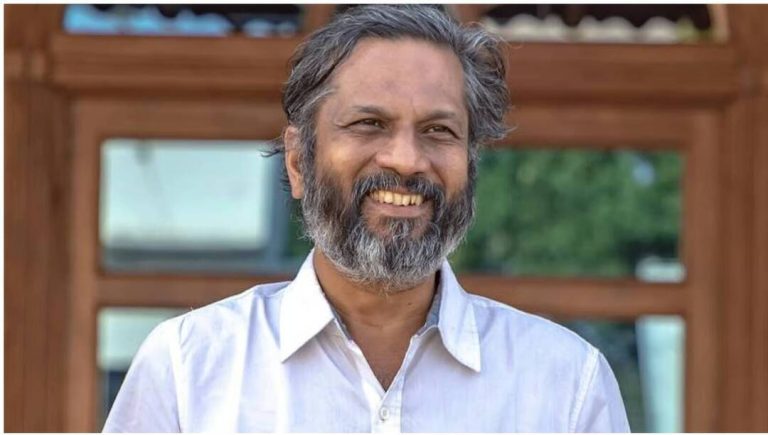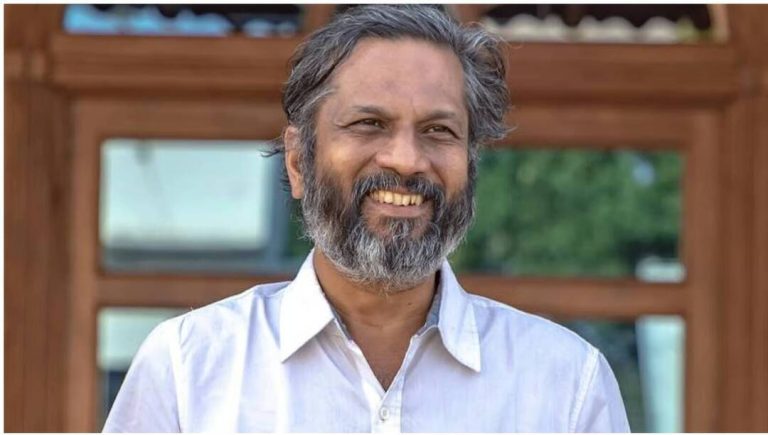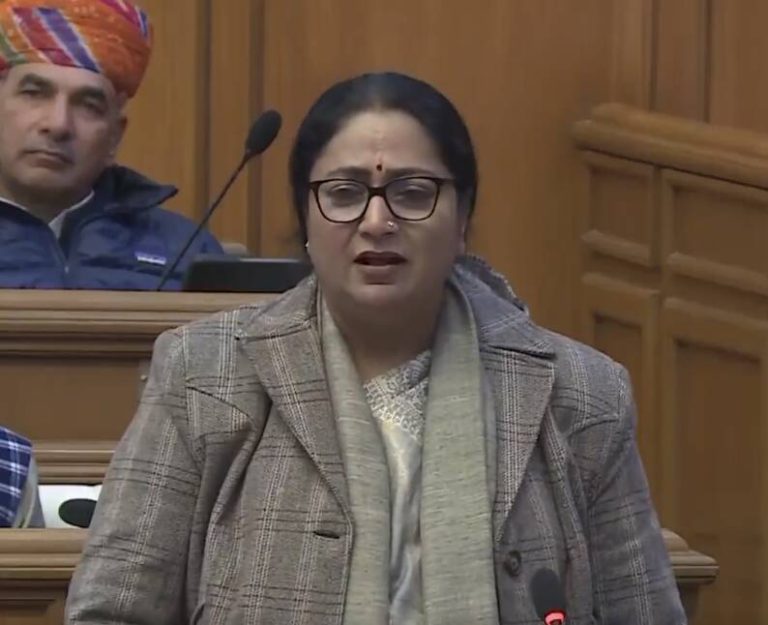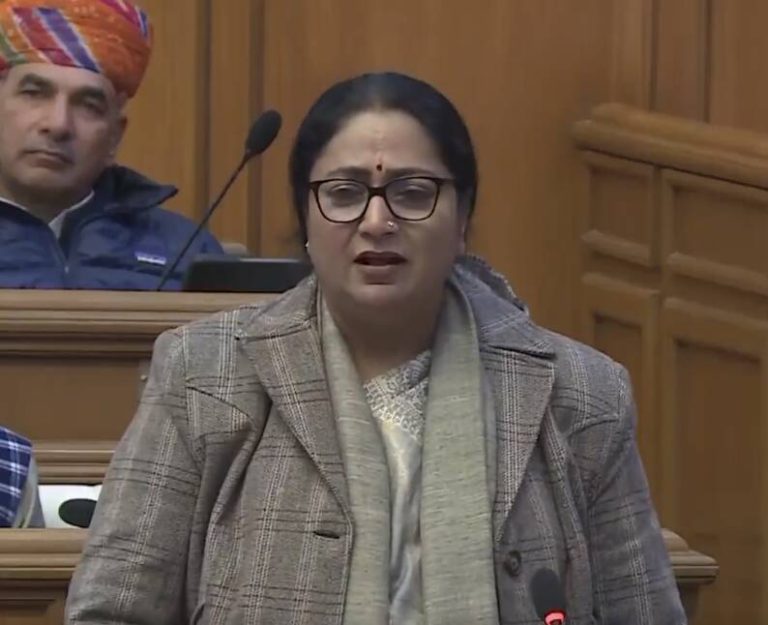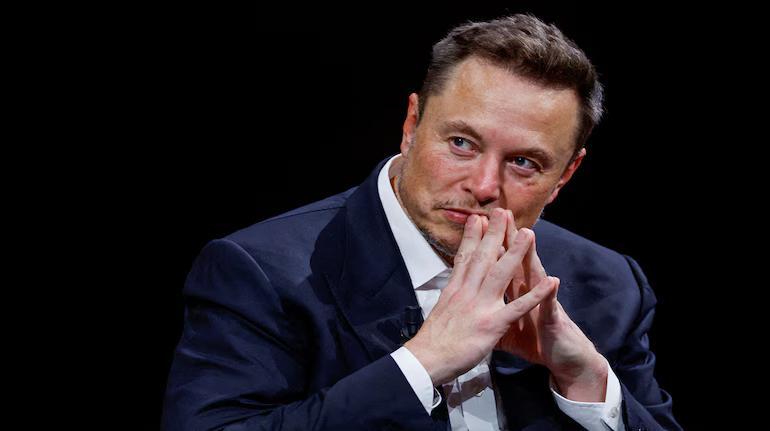
Poverty an engineering issue, AI & humanoid robots will end it: Musk
Billionaire and xAI CEO Elon Musk has always been known for his innovative ideas and revolutionary thoughts. Recently, at the US-Saudi Investment Forum, Musk opined that poverty is an engineering issue that can be solved with the help of artificial intelligence (AI) and humanoid robots. According to Musk, the key to eliminating poverty lies in the advancement of AI and robotics, which will eventually make everyone wealthy.
Musk’s statement may seem like a far-fetched dream to many, but he believes that as AI and robotics continue to advance, they will be able to provide for all the basic needs of humans, making money irrelevant in the future. This idea may sound like science fiction, but Musk is convinced that it is the only way to eradicate poverty from the face of the earth.
The concept of poverty being an engineering issue is not new. Many experts have argued that poverty is not just an economic problem, but also a technical one. The lack of access to basic necessities like food, water, shelter, and healthcare is often a result of inefficient systems and lack of infrastructure. Musk believes that AI and robotics can help solve these problems by increasing efficiency, reducing waste, and providing innovative solutions to age-old problems.
One of the primary ways AI and robotics can help eliminate poverty is by automating menial tasks and providing employment opportunities. With the help of humanoid robots, many jobs that are currently done by humans can be automated, freeing up people to pursue more creative and high-paying careers. Additionally, AI can help identify areas where resources are being wasted and provide solutions to optimize resource allocation.
Another way AI and robotics can help reduce poverty is by providing access to basic necessities. For example, AI-powered systems can help optimize food production and distribution, reducing hunger and malnutrition. Robotics can also be used to build affordable housing, providing shelter to those who cannot afford it. Furthermore, AI-powered healthcare systems can provide access to quality medical care, reducing the burden of diseases on low-income communities.
Musk’s vision of a future where money is no longer relevant may seem utopian, but it is not entirely impossible. With the help of AI and robotics, many basic needs can be met without the need for financial transactions. For instance, a robot can build a house without requiring payment, and an AI system can provide healthcare without charging a fee.
However, there are also concerns about the impact of AI and robotics on employment. Many experts worry that the automation of jobs will lead to widespread unemployment, exacerbating poverty rather than reducing it. Musk, however, believes that this is a short-term problem and that in the long run, AI and robotics will create new job opportunities that we cannot yet imagine.
While Musk’s ideas may seem revolutionary, they are not without their challenges. Implementing AI and robotics on a large scale will require significant investment in infrastructure and technology. Additionally, there are ethical concerns about the use of AI and robotics, particularly in areas like healthcare and education.
Despite these challenges, Musk remains optimistic about the potential of AI and robotics to eliminate poverty. He believes that the benefits of these technologies far outweigh the risks and that with careful planning and implementation, they can be used to create a better future for all.
In conclusion, Musk’s statement that poverty is an engineering issue that can be solved with AI and humanoid robots is a thought-provoking idea that challenges our conventional thinking about poverty. While there are many challenges to overcome, the potential benefits of AI and robotics in reducing poverty are undeniable. As we move forward in this technological age, it is essential to consider the role that AI and robotics can play in creating a more equitable and prosperous world for all.
